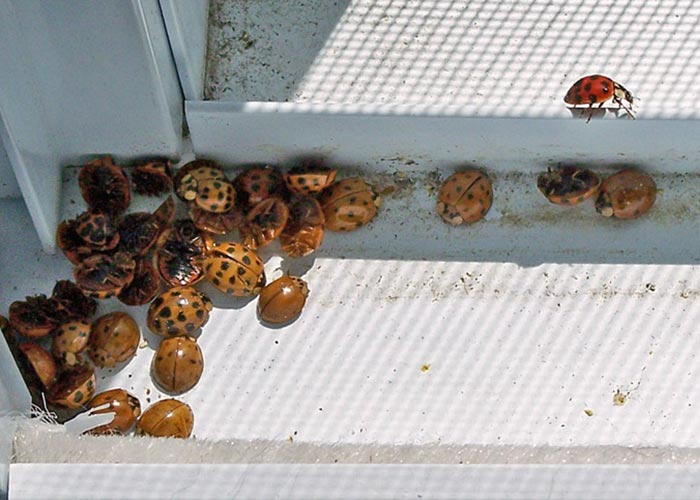June 23, 2024 – We’ve had our two weeks of spring while receiving Noah’s flood, both of which slowed pollinators. Now, the heat has set in, tomato pollination is slowing and insect pests have arrived. Not much we can do about the heat, but we can aid pollination by grasping the plant a few inches below the flowers and gently shaking the flowers and doing it daily. Now, what about the insect pests.
Among the worsts pest expected this year are aphids. They’re so small and inconspicuous, they’re often not noticed until damage is severe and perhaps unstoppable, thus ruining a particular crop, such as cucumbers. Fortunately, researchers discovered that an ingredient of Neem oil when sprayed on plant leaves, stops insects from feeding on those leaves. Further, it disrupts insect reproduction and is effective on some 200 insect species as well as destructive fungi and bacteria.
Additional advantages of using Neem oil are that it is non-toxic to birds, worms, mammals, bees, and plants. OK, if your garden is built over a pond, it’s toxic to fish! It has to be ingested to be effective, so insects that eat plant leaves will die.
Neem oil comes from neem trees which grow to 75’ and a 200-year life span in zones 10-12. Unfortunately, we’re in zone 8. Having said that, I’m sure some of you will get some seeds and see if you can successfully grow one. After all, numerous tree species throughout the U.S. are grown outside their natural growing zone. For the rest of us, a trip to a local nursery or store selling agricultural product will suffice.
The one big disadvantage of using Neem oil is its extremely short half-life. Users will have to reapply after every rain and/or every 7-14 days. Otherwise, it is a safe. Non-toxic product that works.






